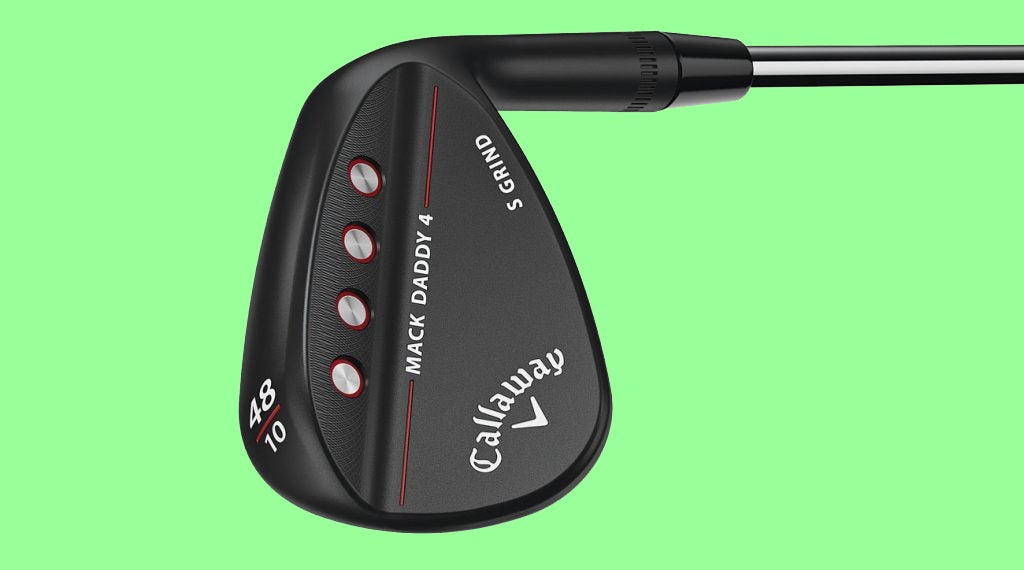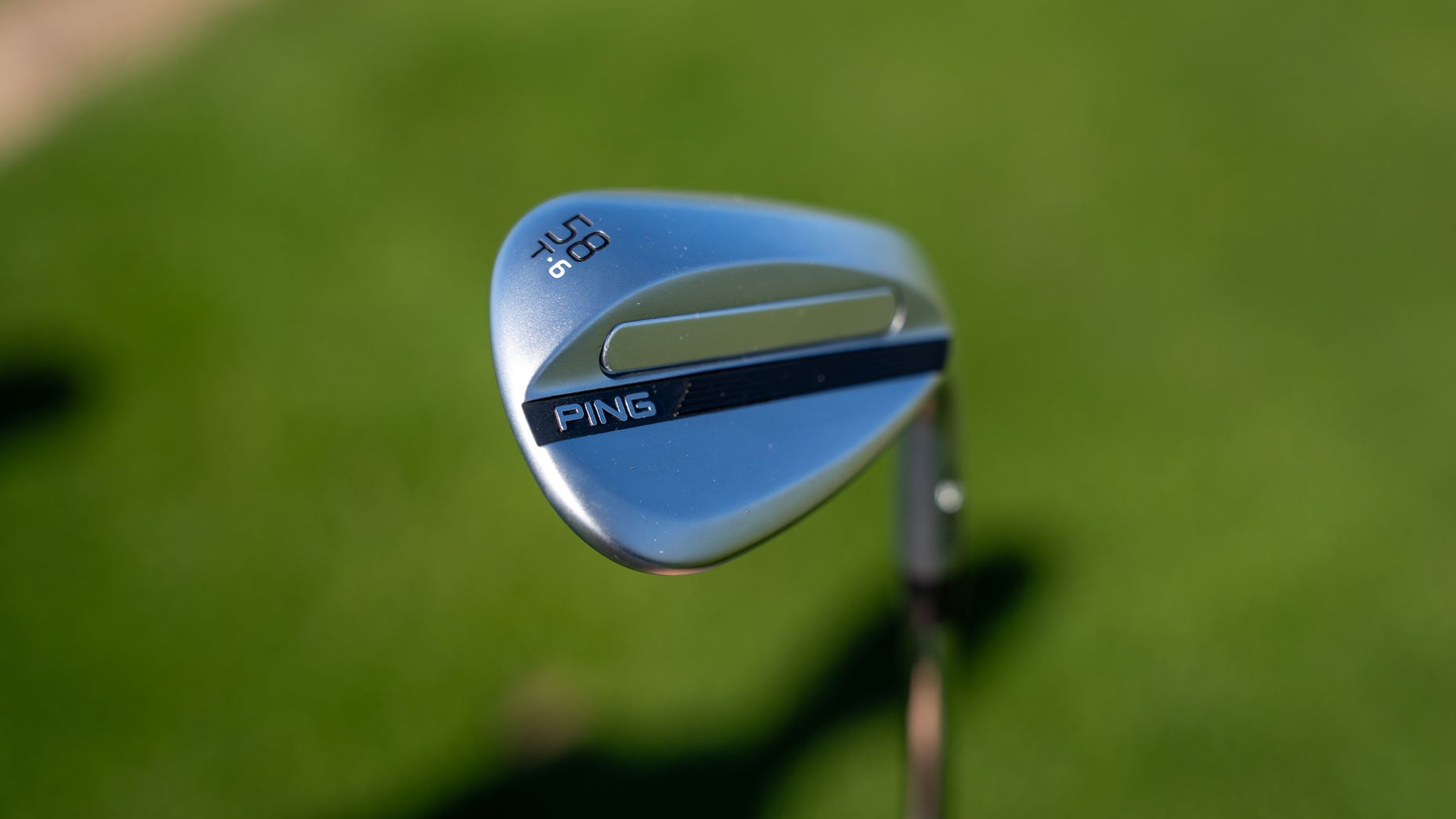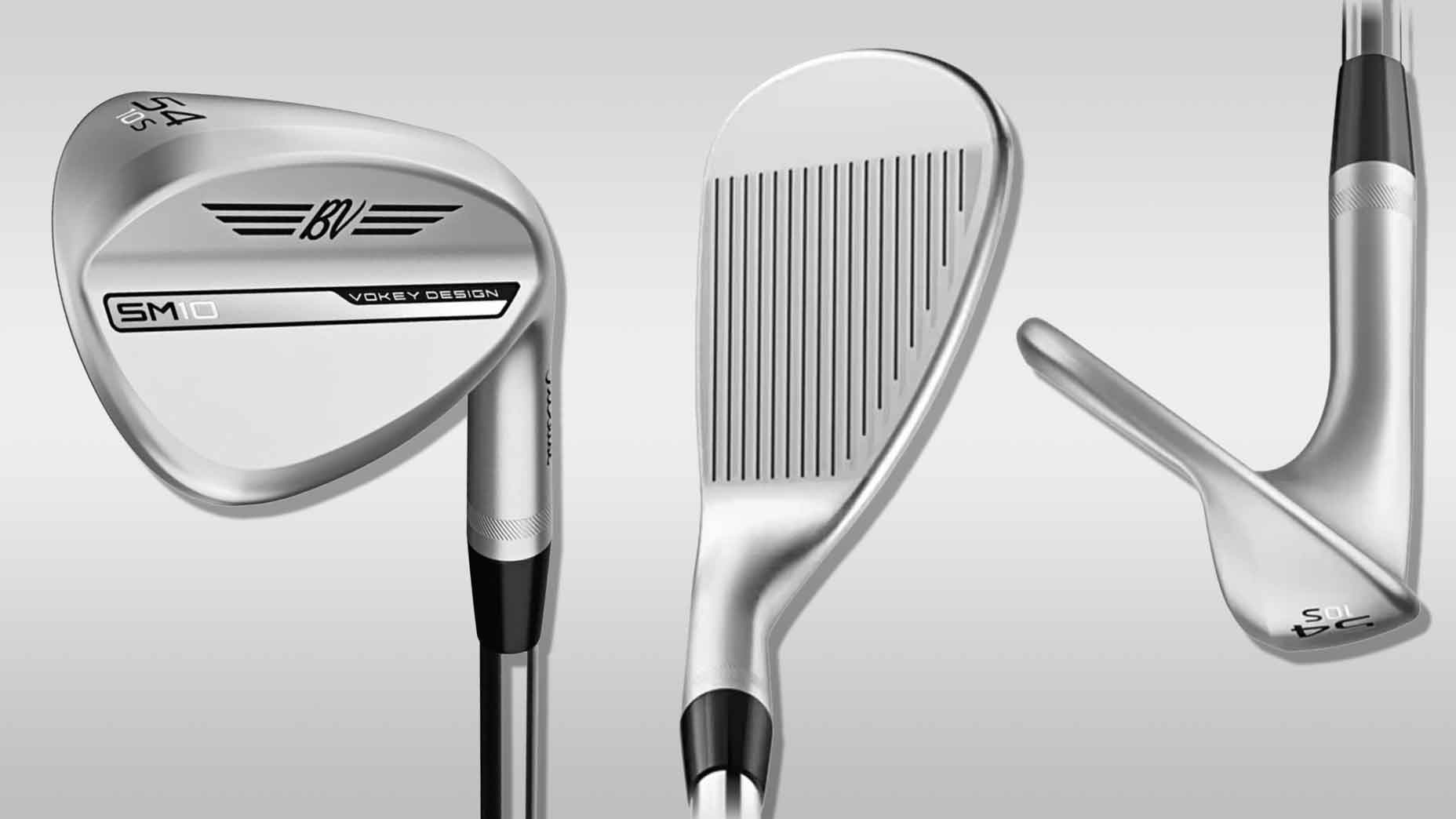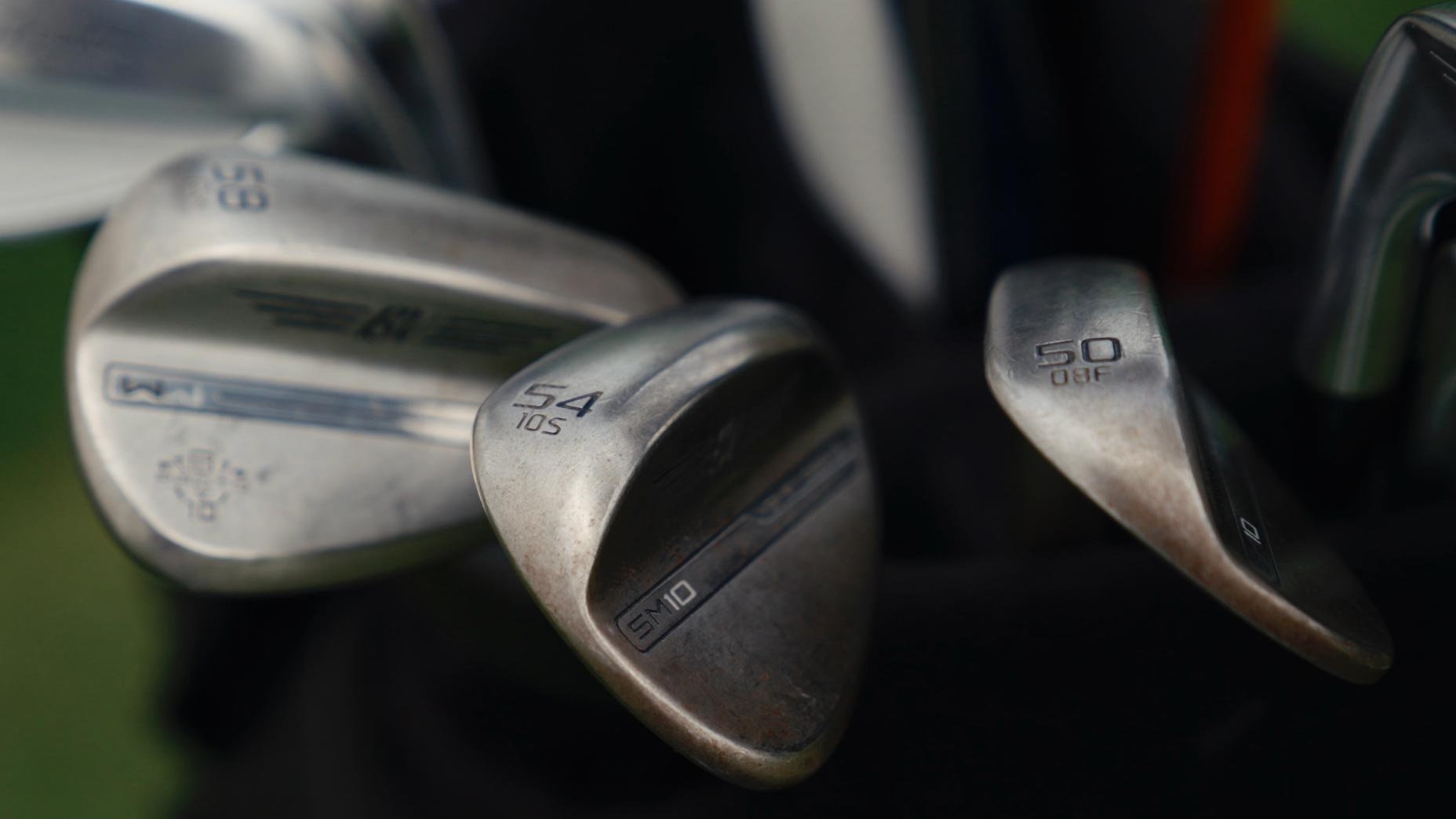 How the PGA Tour’s favorite grind shaped Titleist’s Vokey SM11 wedges
How the PGA Tour’s favorite grind shaped Titleist’s Vokey SM11 wedges
Should I consider playing a softer flex shaft in my wedges?

Welcome to another edition of Fully Equipped, an interactive GOLF.com series in which our resident dimplehead (a.k.a., GOLF’s managing editor of equipment, Jonathan Wall) fields your hard-hitting equipment questions.
Should I consider playing a softer flex shaft in my wedges?
Professional golfers are equipment tastemakers, particularly when it comes to the amateur crowd. Whatever is successful, trendy and visible on the PGA Tour has a good chance to do well at retail. The same can be said for shaft setups that have done well over the years, including one of the most popular: Opting for a softer flex shaft in the scoring clubs.
Go through the current top 10 in the Official World Golf Ranking and you’ll find seven players who currently use a slightly softer shaft flex in their wedges versus the irons. For example, Brooks Koepka plays True Temper’s Dynamic Gold Tour X100 shaft in his Mizuno irons but prefers the softer (albeit slightly heavier) S400 in his Titleist Vokey Design wedges.
How many are employing a similar setup? It’s impossible to give an exact percentage because players are constantly testing new wedges and shafts, but it’s probably somewhere in the neighborhood of close to half the field during a given event.
Popularized by Tiger Woods — True Temper Dynamic Gold X100 in the irons and s400 in the wedges — during his heyday, there’s a benefit to be had with this shaft makeup if you’re an amateur golfer.
While it varies from player to player, most will notice a slightly lower ball flight and more feel in the hands with a softer flex. For some, it can also help maintain spin compared to using the same shaft across the board. Considering many Tour players prioritize feel, consistency and control on shorter approach shots, it’s easy to see why so many drop down in flex with the wedges.
Little morning research: Seven of the top 10 in the OWGR currently play a different shaft flex in their wedges. pic.twitter.com/CmCu9VypfV
— Jonathan Wall (@jonathanrwall) August 22, 2019
ADVERTISEMENT
According to Tim Briand, True Spec Golf’s director of fitting and sales, a softer flex in the scoring clubs can also be a benefit from wet turf and the rough where generating ample spin is usually a prerequisite to hold the green.
If there’s one thing to keep an eye on when testing wedge shafts, it’s shaft weight. Most of the time, going softer also means going lighter in weight, which can alter swing weight and possibly timing with the wedges. It’s one of the reasons why Brooks, Tiger and others opt for True Temper’s S400, which happens to be a couple of grams heavier than the X100.
Given the benefits Tour players see with a different shaft flex in their irons and wedges, it’s certainly worth testing out the setup to see if it’s a fit for your game.
To receive GOLF’s all-new newsletters, subscribe for free here.
ADVERTISEMENT






